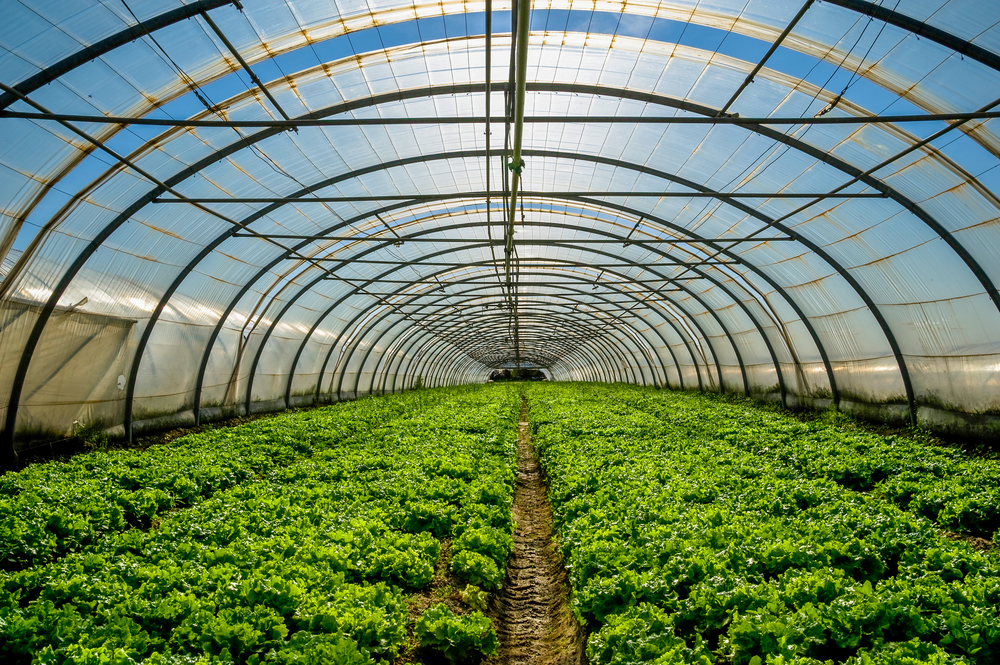Producing food sustainably is a journey not an end point, according to Lorcan Bourke of Bord Bia, who was speaking at the recent Teagasc Vegetable seminar.
In his presentation Bourke said target setting and achievement over time of sustainability goals was key, as well as the integration of sustainable practices into the day-to-day management activities of growers.
Bourke defined sustainability as “meeting the needs of today without compromising the ability of future generations to meet their needs”. He posed a number of questions to industry stakeholders at the event. He asked: Is a horticulture sustainability programme necessary? Will it create even more time consuming paperwork? Is it an opportunity? Is it inevitable?
For Bourke there are three key ‘pillars’ of sustainability: environmental, economic and social. He outlined that it is Bord Bia objective to provide a road map for the development of management practices that would ensure the long-term economic, social and environmental viability of the horticulture business.
He noted Bord Bia’s role will also incorporate assessment, benchmarking, target setting. He said it will be introduced as part of, or as an add on module to, the existing Bord Bia Quality audit system.
Bourke highlighted in his presentation that sustainability has many benefits for the industry. For retailers, service industry and food manufacturers it will fit with their corporate social responsibility programmes. He said for processors, packers and distributors it will assist in proving sustainability credentials to meet client demand for responsible sourcing. It will also assist in meeting targets within their own sustainability programmes such as Origin Green initiative.
Bourke was also keen to outline that there are also many benefits of sustainable production for producers. He outlined it provides Irish producers with marketing advantage over imported produce. Sustainable growing practices will assist the producer reduce energy and other inputs and thereby increasing the profitability of the business.
He said it provides proof of the Green credentials of Irish horticulture production base for new/emerging markets. Other benefits include assisting participants to keep abreast of and meet new environmental and other legislation and to help ensure long term viability of the business in terms of succession.
He noted that consumer trends are indicating that the ‘new norm’ will be food sourced from sustainable farms and businesses.
Bourke cited that Bord Bia’s flagship sustainability programme Origin Green has had a very successful start with 306 Irish food and drink companies, representing almost 85 per cent of all exports having registered with the programme and there are currently 40 fully verified members.
